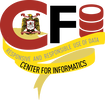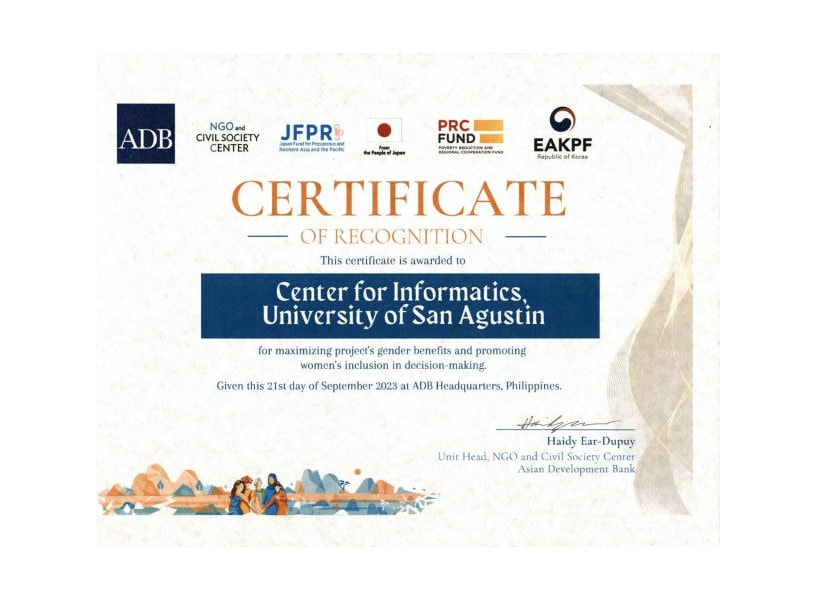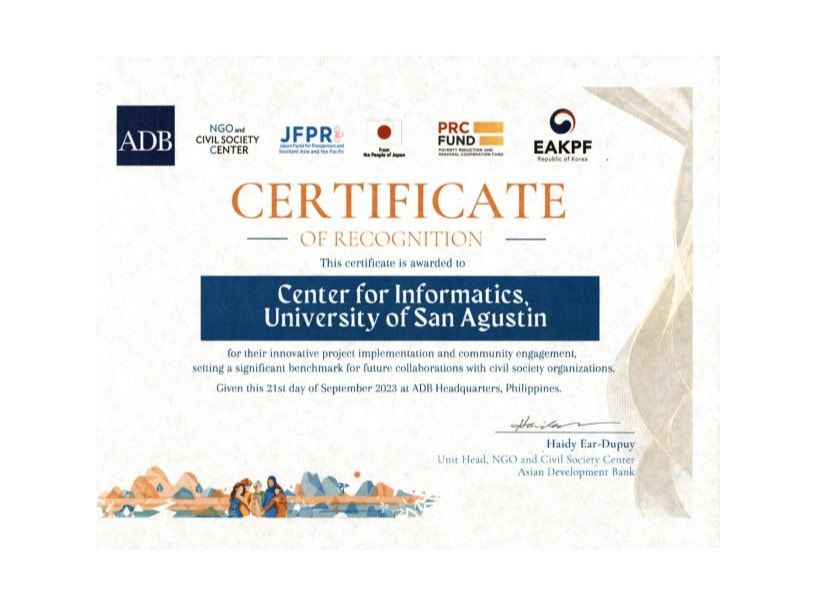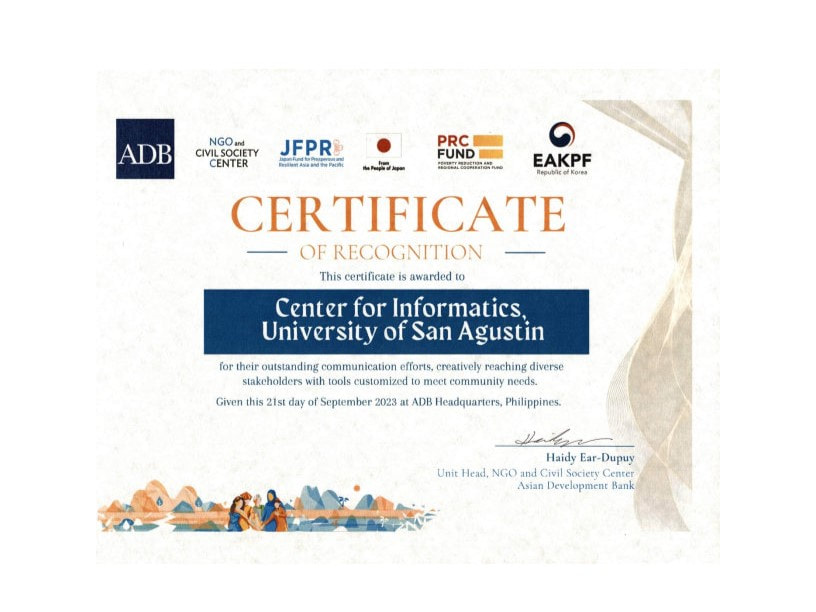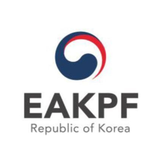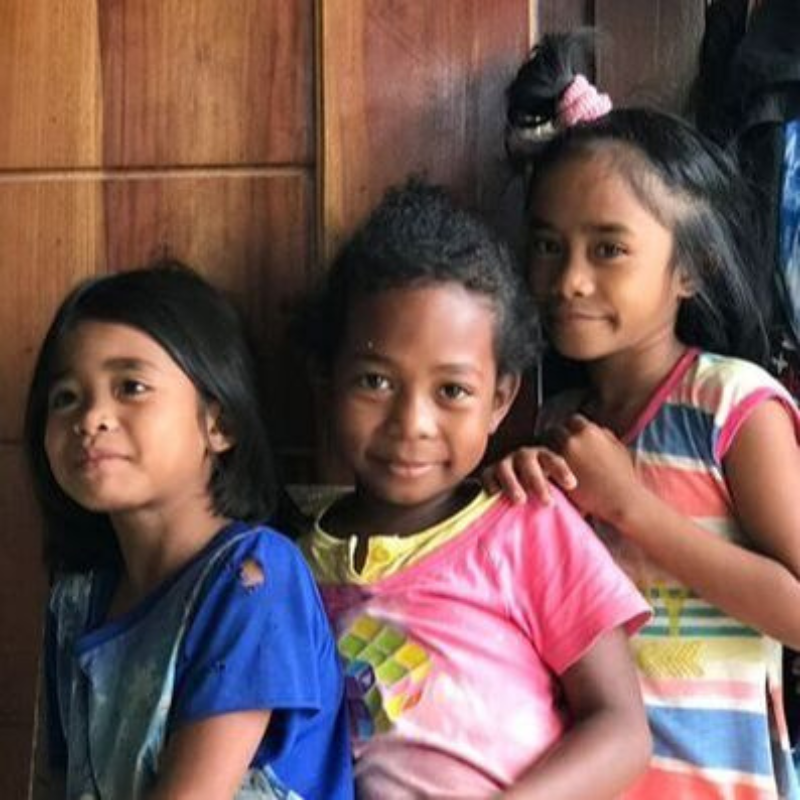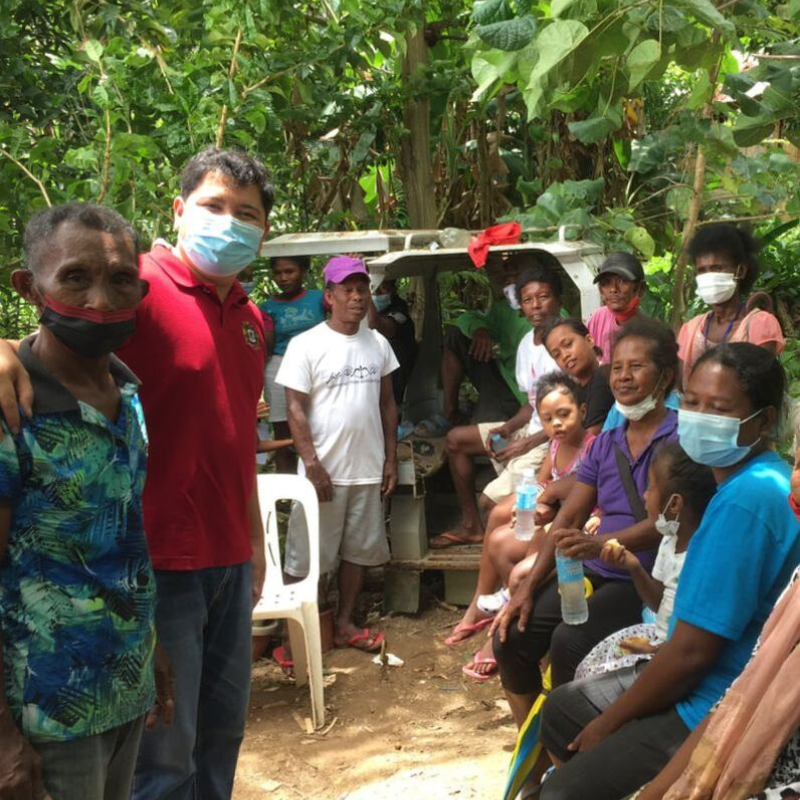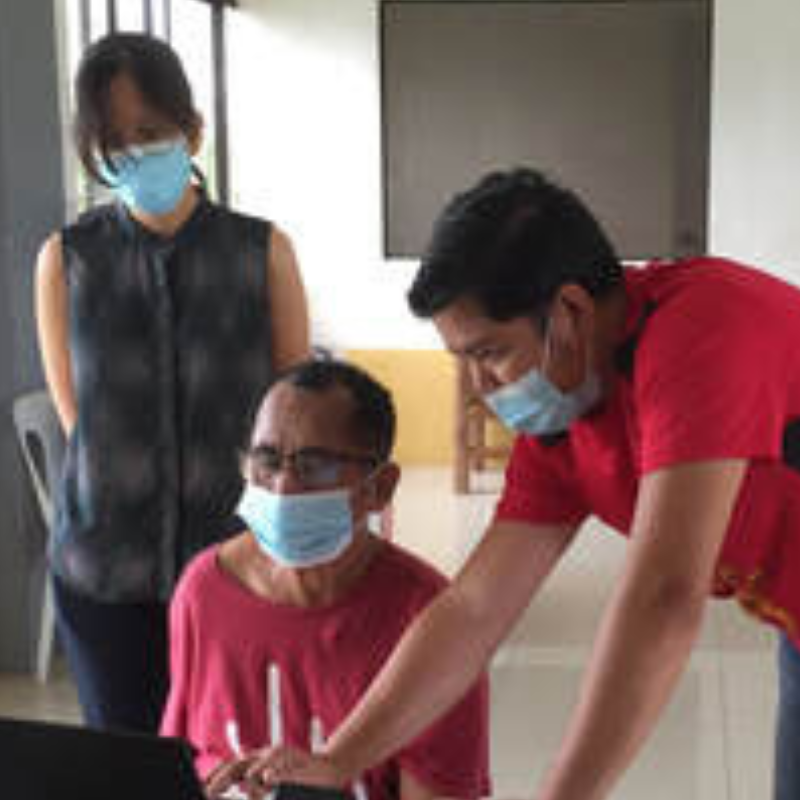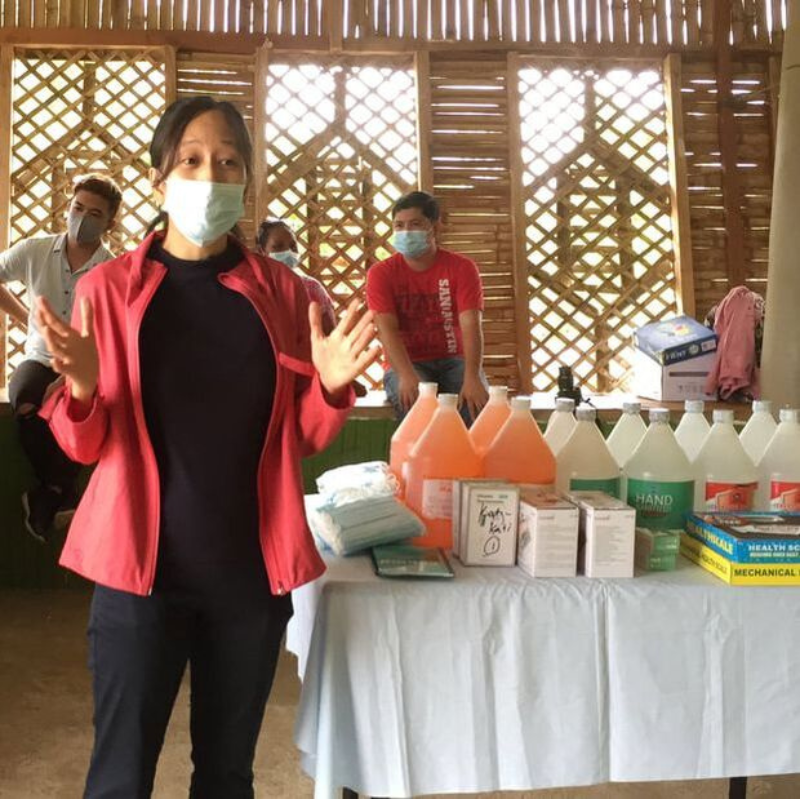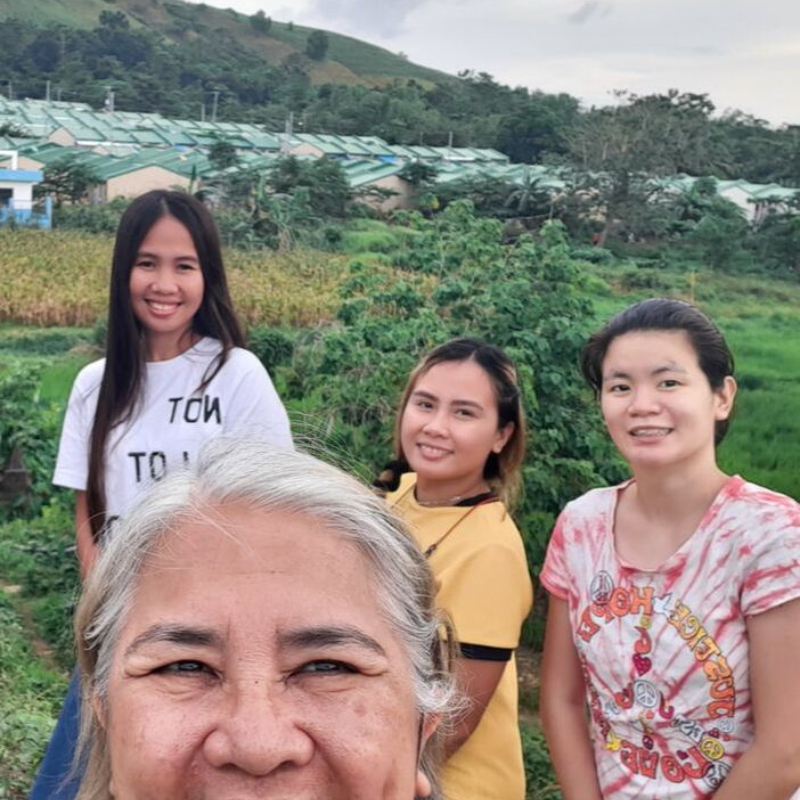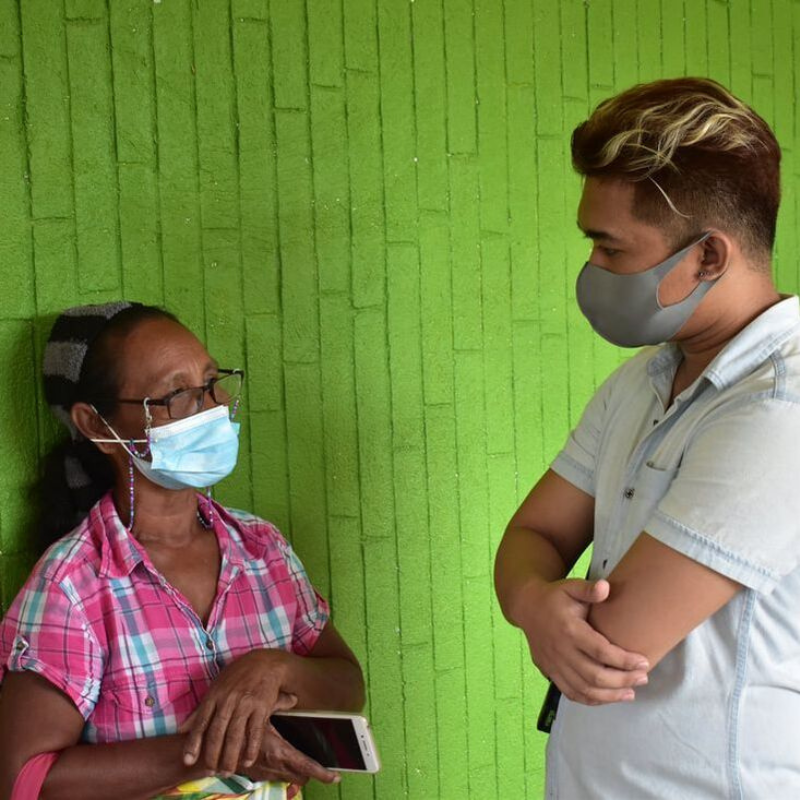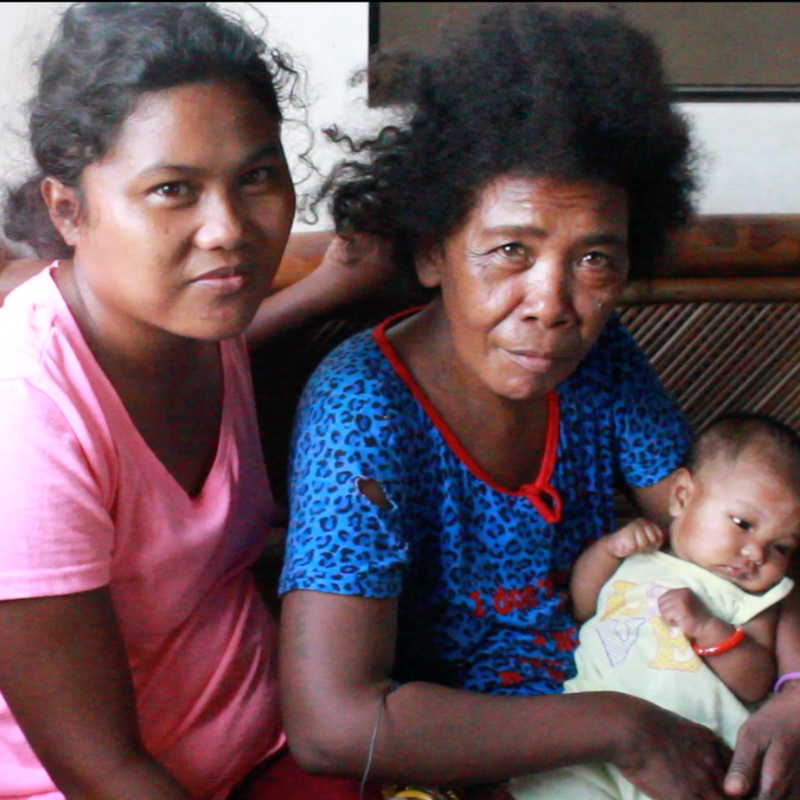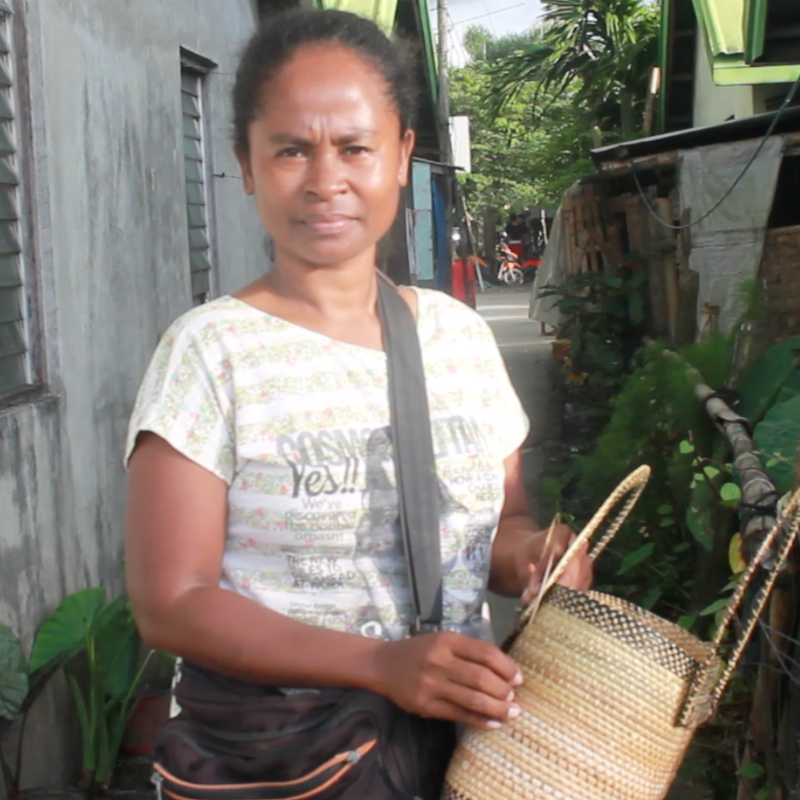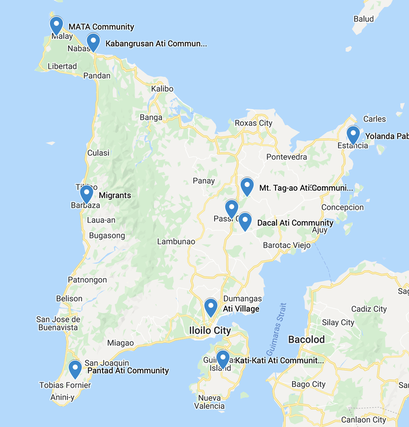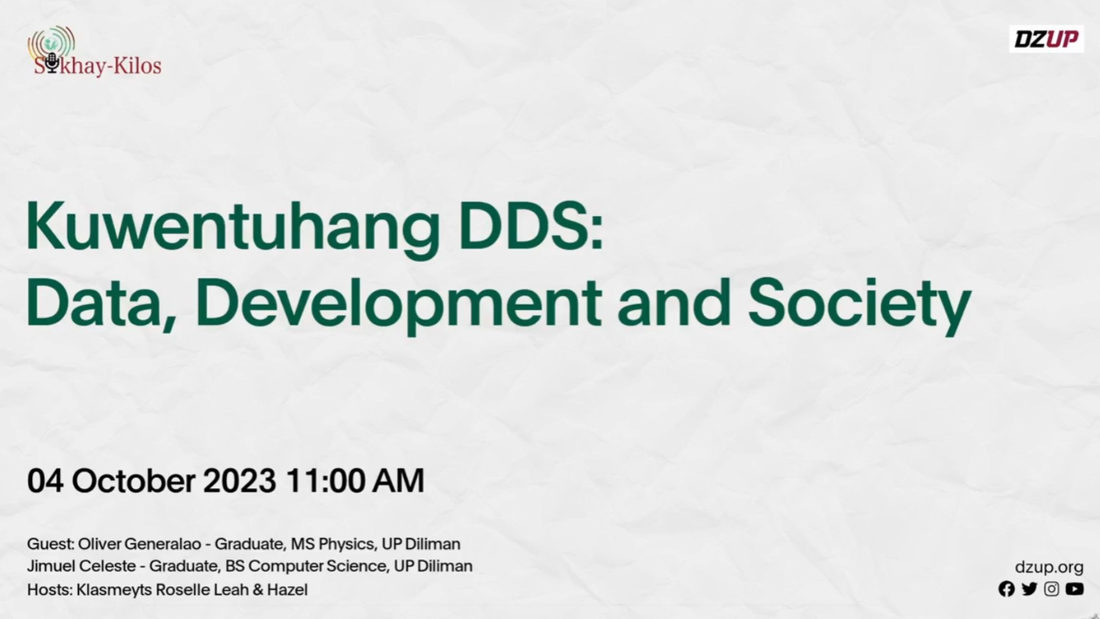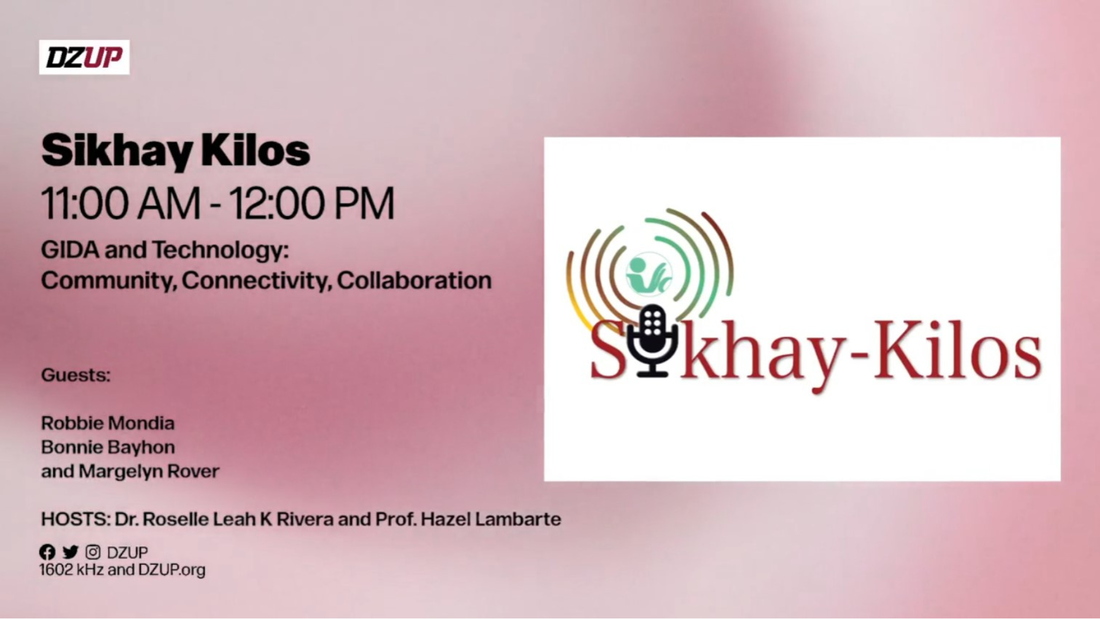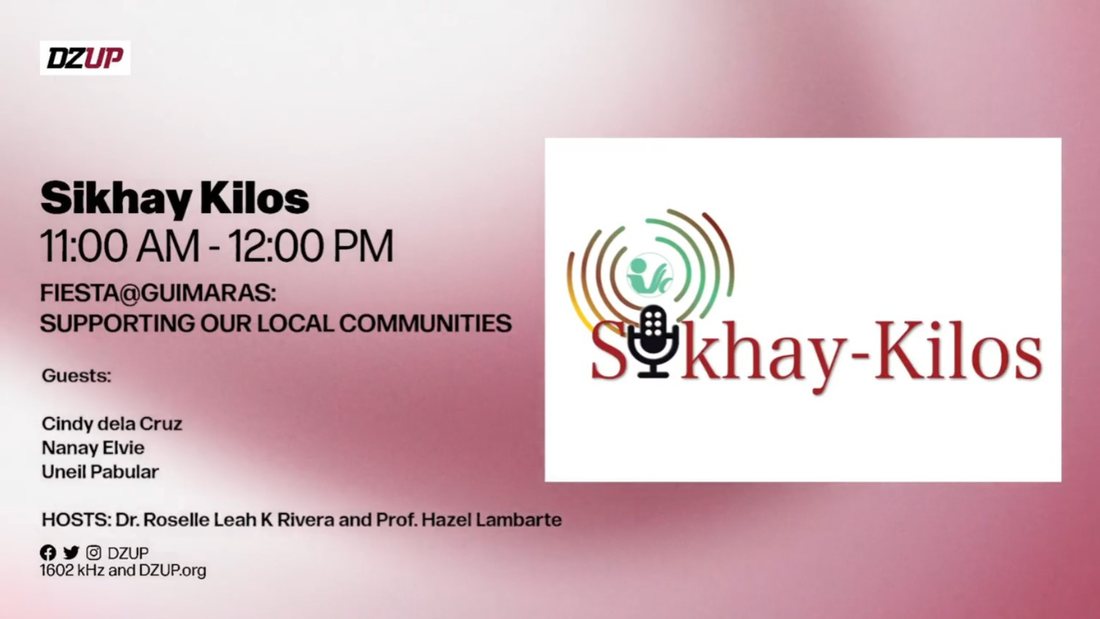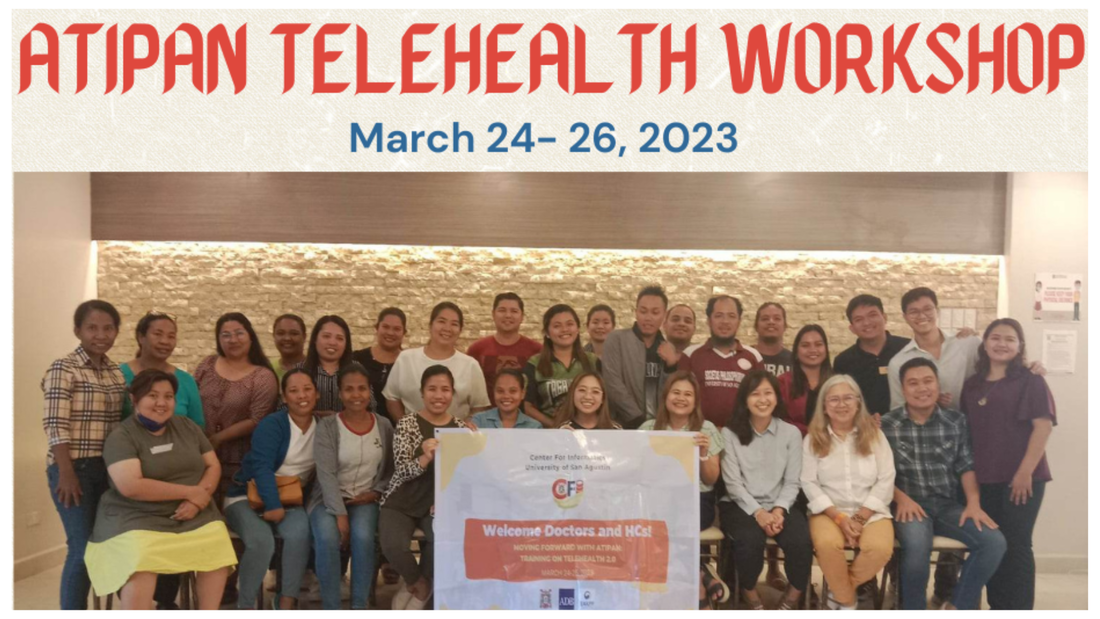About Atipan
|
Our Atipan Project is a digital health program in partnership with 10 underserved vulnerable indigenous and rural low-income communities in
Western Visayas. It is currently funded by the Asian Development Bank (ADB) under the auspices of the Republic of Korea's e-Asia and Knowledge Partnership Fund (EAKPF). Inspired by the Hiligaynon word atipan which means "to take care of" and the 7 Ati communities we are proud to be working with and for, we provide free medical teleconsultations, as well as technology and training for 23 community health workers, along with basic medication and health kits. We stand on the foundation of a decade-long relationship of trust established by the University of San Agustin with each community. Led by its Center for Informatics and its expertise in Data Science, we apply an intersectional approach that is responsive to the urgent needs of our partner communities. |
Our Goals
|
We aim to mitigate the impact of COVID-19 and improve access to vital medical healthcare to underserved and vulnerable communities by:
|
Our Approach
Compassionate and efficient solutions are at the core of all that we do at The Atipan Project. Achieving our goals requires a multi-disciplinary approach. We have doctors trained to work with each community, IT experts, Indigenous Community Development experts working side by side with Data Science experts.
Our doctors undergo cultural sensitivity training through our community and indigenous experts and are fluent in the lingua franca. Our Health Coordinators (HC) onsite are trained in the use of informatics equipment and the electronic medical record (EMR), an app developed by our Center for Informatics team. Our HCs are trained to collaborate with our medical health experts: to communicate symptoms and physical examinations to the doctor. Being tasked with the vital health records, all are trained in ethics and data privacy.
With our backbone relying heavily on technology, the Center for Informatics holds the fort to keep our systems running smoothly, while providing analysis of the real-time data needed in order to be responsive to community needs.
Our community and indigenous experts work hand-in-hand with our Health Coordinators in each community, assuring that the accomplishment of our goals always have care and ‘atipan’ at the center and ethics at the forefront.
Our doctors undergo cultural sensitivity training through our community and indigenous experts and are fluent in the lingua franca. Our Health Coordinators (HC) onsite are trained in the use of informatics equipment and the electronic medical record (EMR), an app developed by our Center for Informatics team. Our HCs are trained to collaborate with our medical health experts: to communicate symptoms and physical examinations to the doctor. Being tasked with the vital health records, all are trained in ethics and data privacy.
With our backbone relying heavily on technology, the Center for Informatics holds the fort to keep our systems running smoothly, while providing analysis of the real-time data needed in order to be responsive to community needs.
Our community and indigenous experts work hand-in-hand with our Health Coordinators in each community, assuring that the accomplishment of our goals always have care and ‘atipan’ at the center and ethics at the forefront.
Featured
|
Interview: Emily of Lanit Community
|
Interview: John Paul Petrola - Director of Center for Heritage Indegenous Cultures of University of San Agustin
|
ADB Instagram
|
Our Team
Watch a lecture on Atipan (June 28, 2022) soon after we launched telehealth services in the communities. Dr. de Castro also discussed Atipan and the upcoming AI4PEP (TDP4) project in the live streaming program "Bago and lahat, mamamayan muna (September 5, 2023)." When Atipan was completed by November 2023, Dr. de Castro gave a lecture in February 2024 to the Western Visayas Health Research and Development Consortium on: The Atipan Project - A Digital Health Strategy Towards Universal Health Care (UHC). The Atipan Project continues as Atipan+ in the use of telehealth data for AI for Pandemic/Epidemic Preparedness (AI4PEP).
